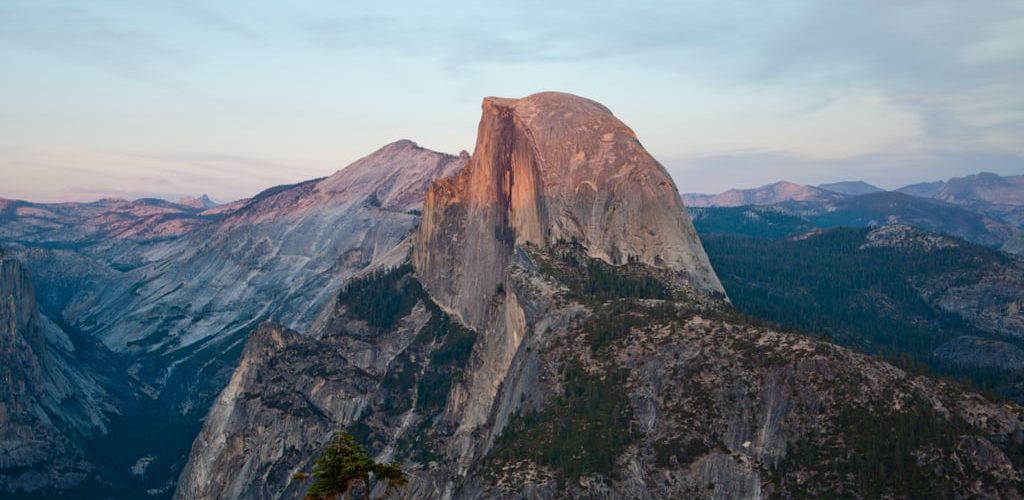This discussion appears in English Volume 15, under the exposition of verse 7:46.
The Qur’an says: And there will be a veil between them. And on the Elevations will be certain men who recognize each of them by their mark. They will call out to the inhabitants of paradise, “Peace be to you!” They will not have entered it, though they would be eager to do so (7:46).
The context shows that these men on the Elevations neither belong to the inhabitants of paradise nor to the inmates of hell. Now what does that mean? There are three possibilities here:
(1) They are not humans, but are other beings like angels or jinn.
(2) They are humans (disadvantaged people), but they will not be among the masses who will be subject to questioning, reckoning, and the other stages on that day.
(3) They are humans, much like the last case, but what distinguishes them from the masses is their high status.
The first possibility is not plausible because the verse mentions “men” and not angels or jinn.
The second possibility is also not plausible because there is nothing special about mentioning such people with particular attention to their position. The disadvantaged are not limited to men, but include a variety of individuals such as women, children, and even some jinn. Therefore, there is no justification for calling them “men” based on generalization.
The qualities and descriptions mentioned in the subsequent part of the verse and the following three verses (7:47-49) only make sense about people who have a lofty station at divine proximity. They are not applicable to ordinary individuals, let alone the disadvantaged.
Here is what is mentioned about the people of aʿrāf:
(1) They are positioned on the Elevations, where they oversee everyone on the Day of Resurrection, can view the inhabitants of paradise and the inmates of hell, and will recognize every person with the person’s unique mark.
(2) They will speak with both groups. They will greet and welcome the inhabitants of paradise (7:46); and they will censure the inmates of hell based on their actions and speeches (7:48). They are completely free to make these conversations without any impediment. This shows their high rank, because only an elect few of God’s servants will be permitted to speak on the Day of Judgment: those who only speak the truth.
(3) They are in such position to salute the people of paradise – which conveys security for them (7:46) – and issue an unconditional command to them to enter paradise (7:49). This is apparently their speech (not the speech of God or the angels) given the context of the verses.
(4) The verses bear no indication of anxiety or agitation in the people of aʿrāf where they stand, when they converse with the inhabitants of paradise, and when they address the proud oppressors in hell. There is no sense of disturbance in their speech.
The above qualities and their implications are deduced by reflecting on these verses. The clause And on the Elevations will be certain men – is a group of chosen servants of God, not angels. They have a much higher rank and position than the rest of the people on the Day of Resurrection, and will recognize everyone among the two groups (in paradise and hell). They will have certain rights on that day, including: (1) the right to speak the truth; (2) the right to testify (to the acts of others); (3) the right to intercede (to save others); (4) the right to command and decree (the fate of others).
Reference: Al-Mizan, English Volume 15



